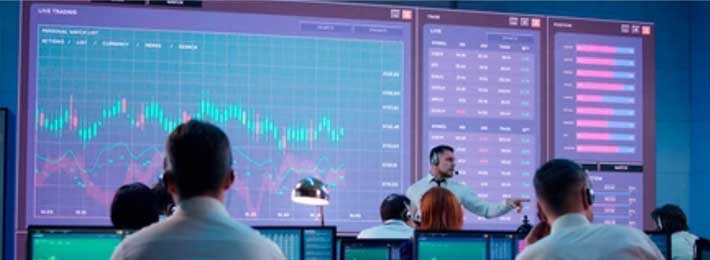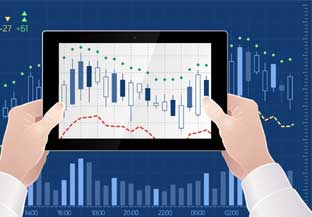

A Real-Time Market refers to a trading environment where financial instruments are bought and sold instantly at current market prices. This concept contrasts with traditional markets where there may be delays between placing an order and its execution. In a real-time market, transactions occur swiftly, with prices constantly updating based on supply and demand dynamics, news events, and other factors affecting market sentiment. Real-time trading is facilitated through electronic trading platforms, providing traders with instantaneous access to market data and the ability to execute trades in milliseconds.

One of the primary advantages of real-time markets is the ability to execute trades instantly at current market prices. Traders can capitalize on fleeting opportunities and react swiftly to changing market conditions without delays. This immediate execution minimizes the risk of price slippage, where the executed price differs from the expected price due to market fluctuations occurring between order placement and execution.
Real-time markets offer transparency in pricing, with live updates of bid and ask prices for financial instruments. Traders have access to real-time market data, including price charts, order book depth, and trade history, enabling them to make informed trading decisions. Transparent pricing fosters fair and efficient market conditions, as participants have access to the same information, reducing the likelihood of market manipulation or unfair practices.
